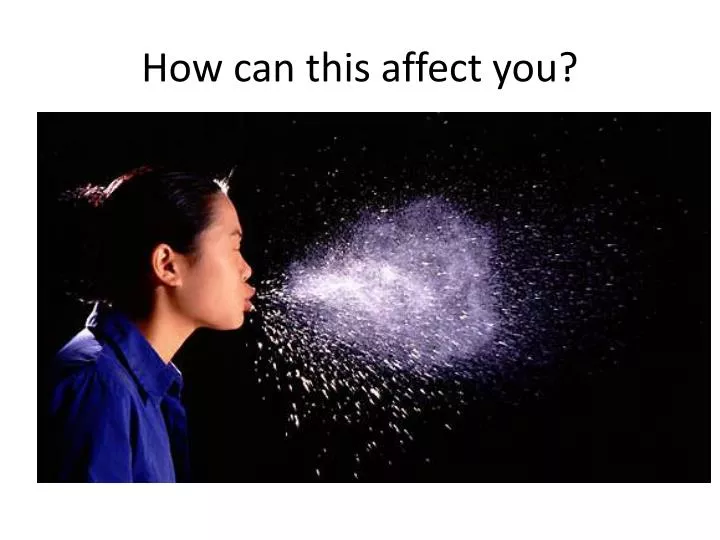


Even more confusingly, effect can also be a verb meaning “to make happen,” as in We can effect a new and better society through reform. However, affect can also be used as a noun to refer to an emotional response or state, as in She plays the character with an artificially cheerful affect. If you want to use a noun, chances are you want effect. If the word you’re using is a verb, chances are you want affect. This sense of effect appears in a few common idiomatic phrases, including in effect and take effect.

Effect is most commonly used as a noun meaning “a result or consequence,” as in His words had the intended effect (result). affect or effectĪffect is most commonly used as a verb meaning “to act on or produce a change in someone or something,” as in Even a small adjustment can affect (change) the outcome of the experiment. And affect can also be used as a noun referring to a state of emotion, as in He had a sad affect. But effect can also be used as a verb meaning to make happen, most commonly in the phrase effect change. Affect is most commonly used as a verb meaning “to act on or produce a change in someone or something.” Effect is most commonly used as a noun meaning “a result or consequence,” as in cause and effect.


 0 kommentar(er)
0 kommentar(er)
